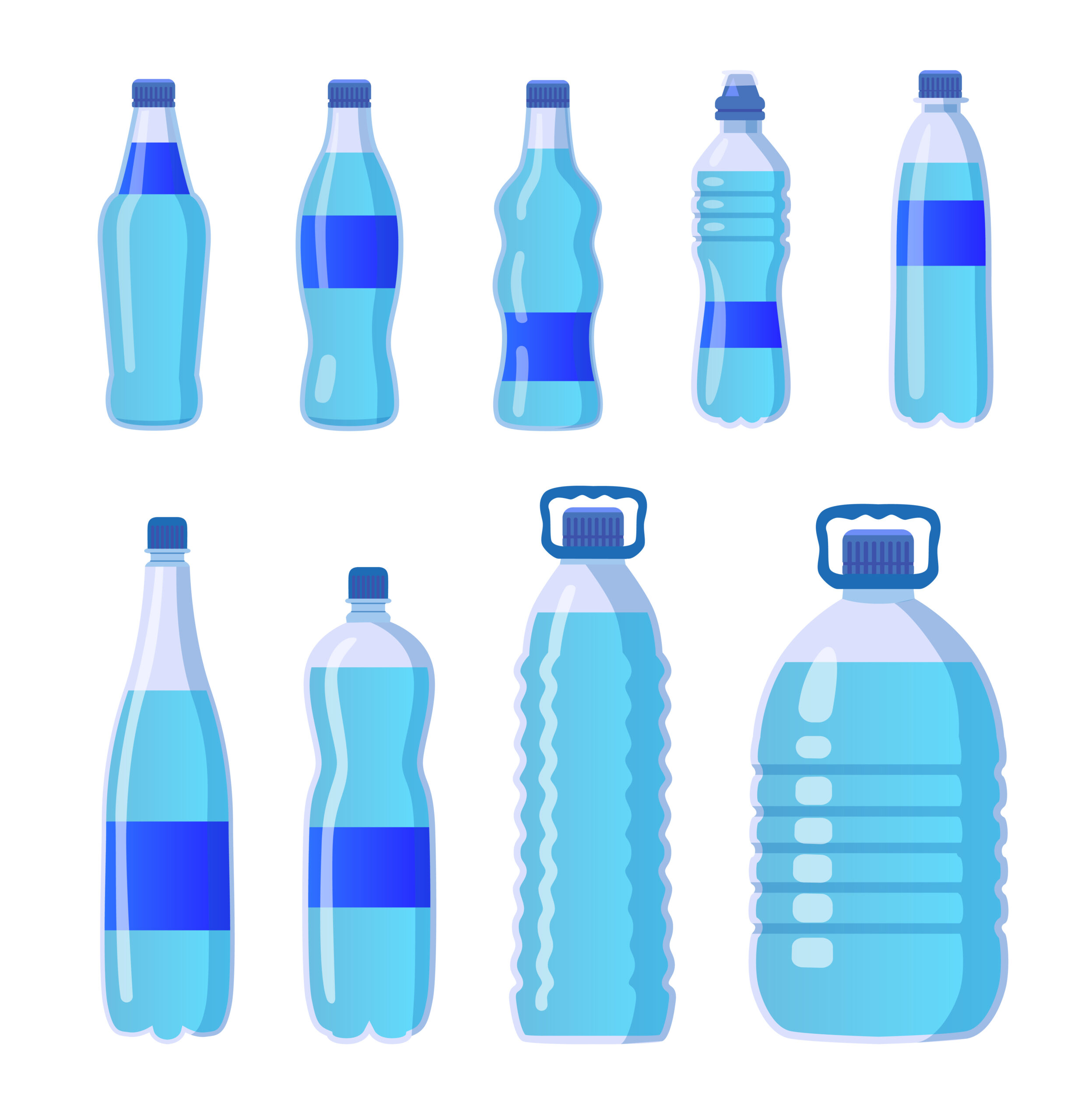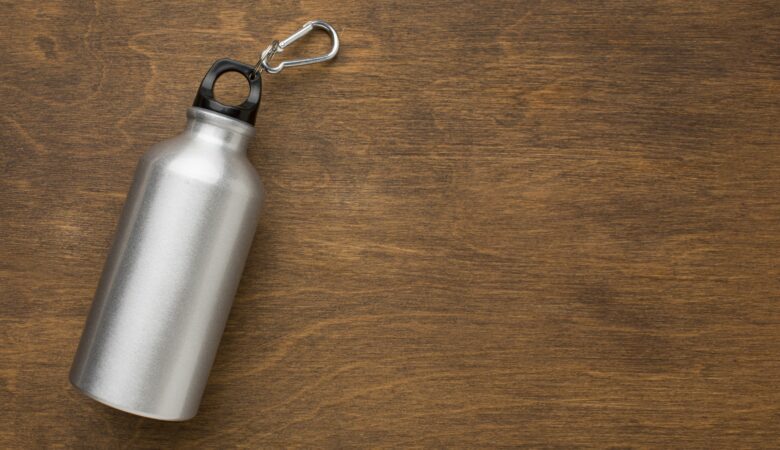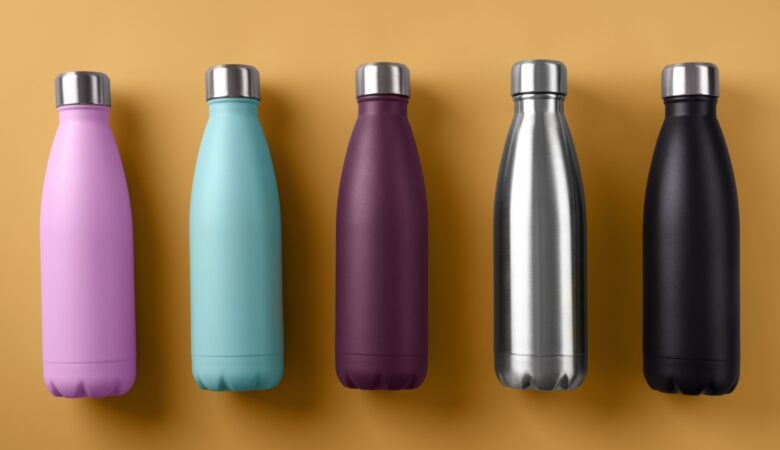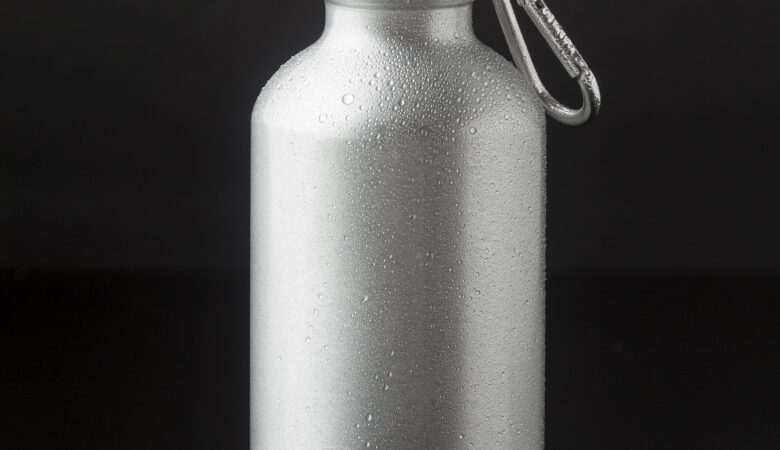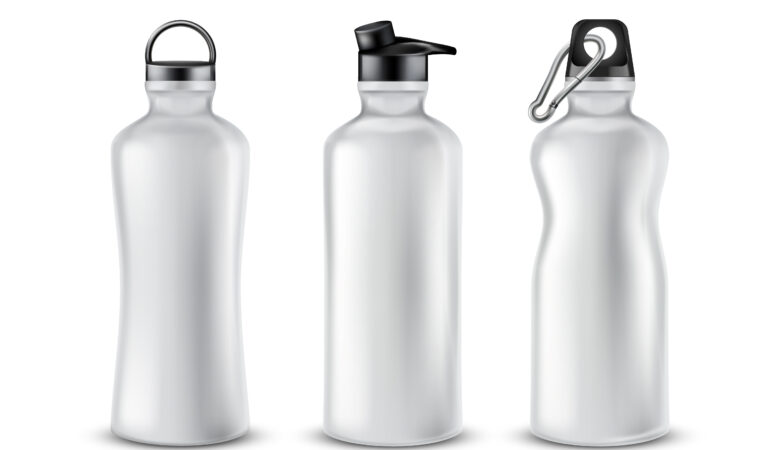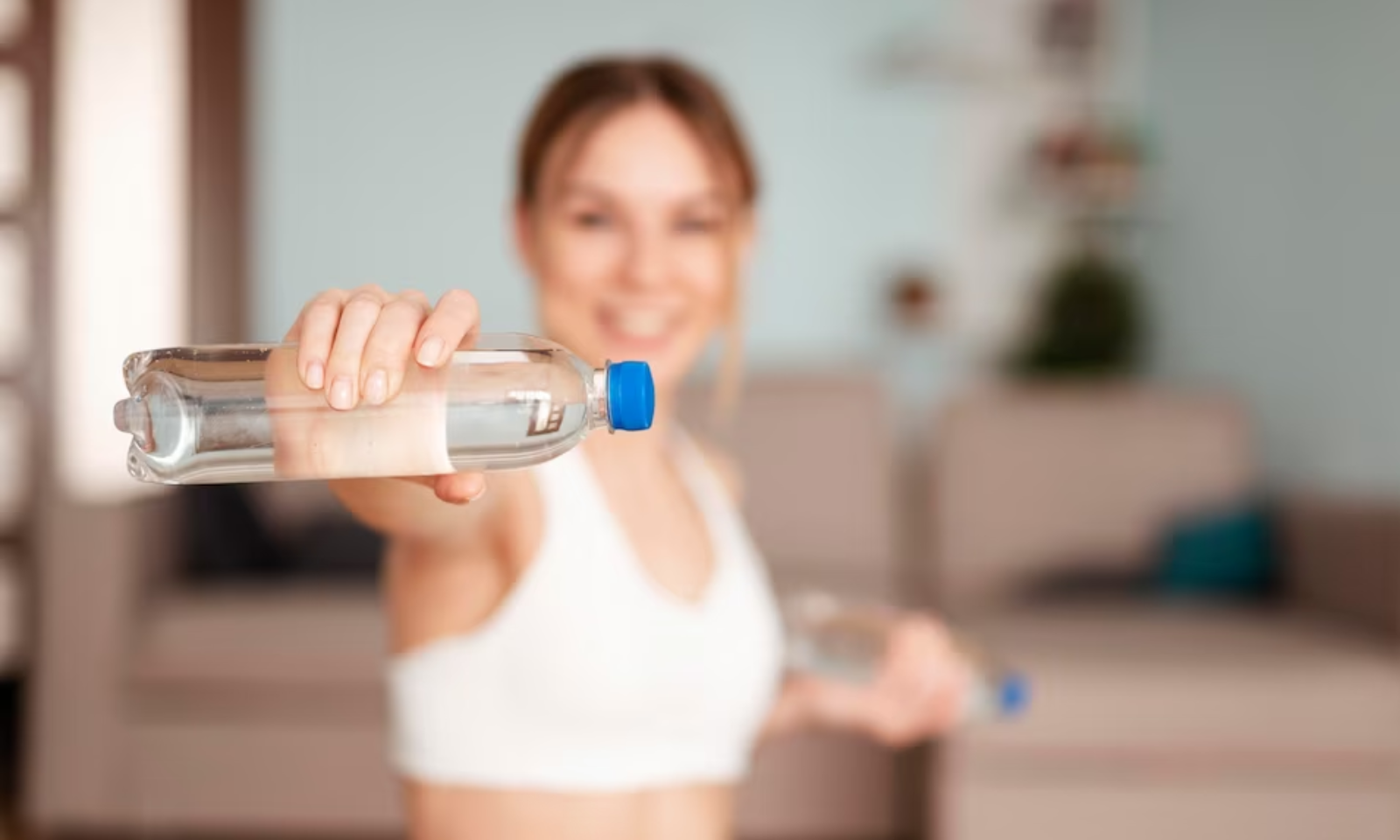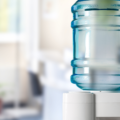In India, many people rely on bottled water to meet their daily needs. Since bottled water is widely accessible, a lot of us are glad to buy it from the shops in our neighborhood. How can you be certain that the source of bottled water is safe, though? It’s important to think about the quality of the water you drink since water contamination is increasing at an alarming rate. Despite the fact that many people now use water purifiers, a significant number of people still purchase bottled water for everyday usage. If you rely on bottled water as well, read this article to learn why it’s time to stop using it and switch to water purifiers.
Cons of drinking bottled water daily
-
The source of your bottled water isn’t what you think it is.
The belief that bottled water is of higher quality and is purer is one of the main reasons why customers keep buying it. This misconception is not baseless. In order to provide the impression that bottled water is safer than tap water, the majority of commercials for bottled water include a fresh stream or mountain spring. Since most bottled water originates from sources that are comparable to your municipal water supply, there is probably nothing exceptional about your bottled water except its branding.
-
Bottled water may not even be filtered.
Although bottled water is frequently portrayed as being of superior quality to tap water, in many cases it is just fancy tap water. Although some manufacturers filter their water further before putting it in bottles, most do not and only charge for the packaging. Therefore, even if the water in bottled form is probably the same as the water that flows from your home’s tap, you might be spending hundreds of times more for it. As a matter of fact, some studies even contend that, in some areas, bottled water may not be as safe as tap water. This is because the municipal water supply that is provided to our houses is subject to stringent regulations. Hundreds of toxins that may be present in water are subject to regulation by the EPA, which also periodically conducts tests to check for these contaminants. In contrast, bottled water is subject to very minimal regulation, and recent research has revealed that it may include residues of phthalates, mold, bacteria, arsenic, and hundreds of other toxins.
-
Chemicals from the plastic in bottled water are frequently present.
The main danger of drinking bottled water is the possibility of being exposed to toxic chemicals from plastic. Despite the fact that water is neutral (unlike soda), every time you drink from a plastic bottle, you run the danger of consuming the toxins used to produce the container as they can slowly seep in the water. With water bottles that are old or those that have been exposed to heat, this is very common. Once in your bloodstream, BPA and other plastic chemicals can lead to a variety of issues, including cancer and damage to the liver and kidneys.
-
Bottled water may affect fertility and growth.
Although many companies are opting to sell plastic water bottles free from BPA, this chemical is still often present in bottles manufactured of Type 7 plastic. One of BPA’s numerous issues is that it mimics the effects of estrogen and, when taken in water through plastic that has leached from packaging, can result in a number of chromosomal disorders that have been linked to both birth defects and developmental disabilities in children. Children who are exposed to BPA while still in the womb may experience problems later in life including hyperactivity disorders, early onset of puberty, and an increased risk for some cancers. Exposure to the estrogen in BPA can also cause lower fertility in both men and women.
-
Bottled water is linked to higher adult disease rates.
Adult disease rates have also been related to exposure to the chemicals in plastic water bottles. It has been discovered that those who frequently consume bottled water, and especially those who have high levels of BPA in their urine, were 2.4 times more likely to acquire Type 2 diabetes than people with less concentrations of BPA and were three times more likely to suffer from cardiovascular disease.
-
Bottled water may contain microplastics.
The possibility of drinking bottled water exposing humans to microplastics may be the most alarming aspect of bottled water which has recently come to light. The most controversial use of microplastics is in many cosmetic goods where they are included to function as exfoliating scrubbers in face scrubs and hand washes. Microplastics are tiny bits of plastic that are typically less than 5mm long. In addition to absorbing some of the chemical components from the plastic container, current research indicates that plastic may also be there in the bottled water that people drink.
-
Bottled water has a detrimental effect on the environment.
Environmental risks are associated with plastic bottle usage. Despite the widespread misconception that plastic bottles may be recycled, this is incorrect. About 80% of the bottles are ultimately either thrown out in the trash or left lying about, endangering the oceans and marine life.
About Livpure
It is essential to look for a safe and cost-effective replacement due to the negative impacts of drinking bottled water. Therefore, installing a water purifier is a safe and cost-effective choice. The question is, which water purifier should you select? Getting the water quality in your neighborhood evaluated before making a choice is a simple solution. You can select a RO, UV, or UF water purifier based on the quality of the water.
Being one of the best water purifier manufacturers, Livpure Water Purifier offers a variety of water purifiers that employ various technologies to remove impurities and make water safe for consumption. The water purifiers have a large storage capacity so that you may receive clean water whenever you need it. Livpure water purifiers also have safe water technology, which cuts water wastage by a significant percentage, to guarantee that there is less waste. The overall features of the water purifiers not only give you entirely safe water but are also cost-effective.
Do check out our website and get a Livpure water purifier to drink safe water.
Also Read: Why Is RO Purified Water Better Than Boiling Water?

